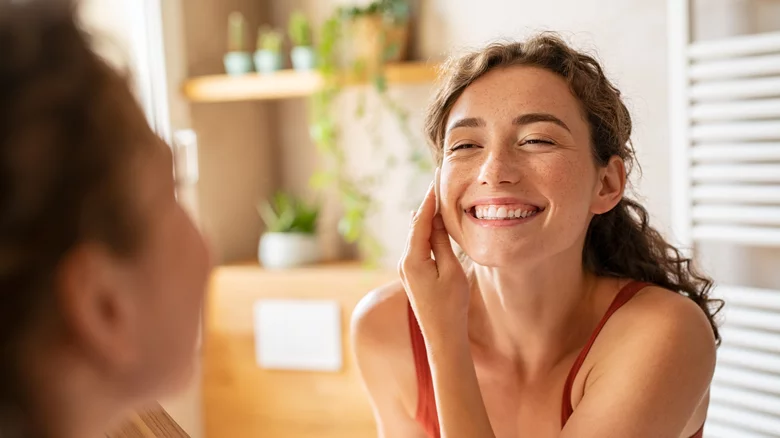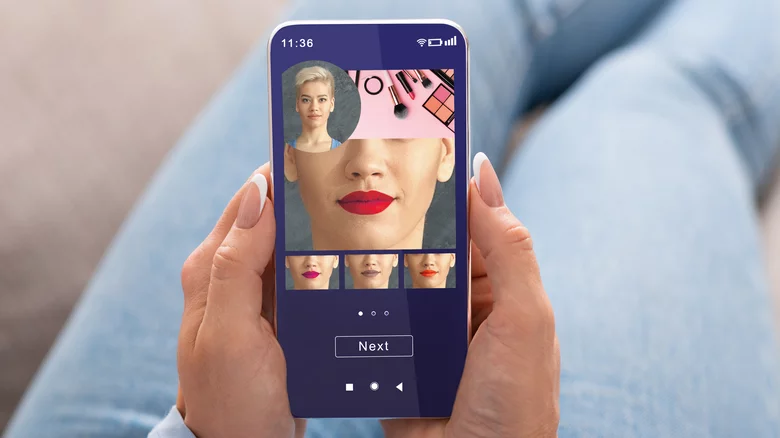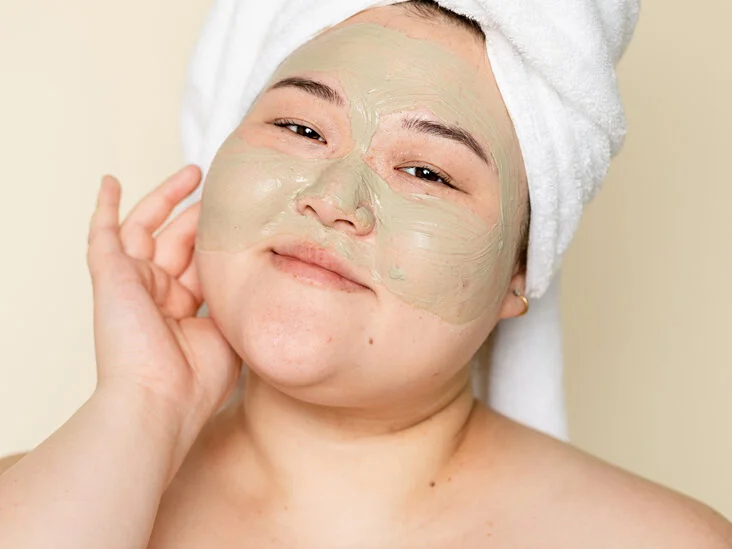Despite the advances in camera technology, the digital age was still taking shape. In 2000, the first digital camera was released and this marked a new era in the history of photography. The digital camera’s portability and easy-to-use features allowed consumers to take pictures without having to wait for the film to be developed. This revolutionized the field of photography and made taking pictures easier for everyone. Nowadays, with the advancement of smartphones, taking pictures is even easier. We have the ability to take pictures from anywhere and instantly share them with friends and family. It’s amazing how far technology has come in such a short time.
This means that rather than actually taking in the moment, we are more concerned with ensuring it is captured on camera. To avoid this, one strategy is to take a few pictures and then put the phone away. This will allow us to enjoy the moment, while still having a few photos to look back on. We should also be mindful of taking too many pictures of the same thing and instead focus on capturing different perspectives, angles, and moments.
To combat this, many smartphone apps have been created to help people look their best in pictures. These apps have features like facial smoothing, teeth whitening, and even makeup simulation. There are also apps that allow you to add filters and effects to your pictures to make them look even better. With all of these options, you can make sure that every picture you take looks its best.
You can blame the mirror for not liking the way you look in pictures

This can be confusing and disorienting, which is why some people don’t like the way they look in pictures. Even though you may be used to seeing yourself in the mirror, pictures allow you to see yourself more objectively. When you look at pictures of yourself, it gives you the opportunity to see yourself from a different perspective and to appreciate your appearance more. Once you become more comfortable with seeing yourself in pictures, your opinion of yourself may start to improve.
The good news is that you can learn to appreciate your actual image over time. It’s important to take lots of pictures of yourself, even if you don’t like the results at first. Over time, you will become more familiar with your actual image and start to appreciate it more. Additionally, it’s important to remember that everyone has different facial asymmetry and that no one is perfectly symmetrical. Loving your true self is the best way to ensure that you are always comfortable with the way you look, regardless of whether it’s in a mirror or in a photograph.
You might think you are more attractive than you actually are

This suggests that, in some cases, people’s perception of themselves is more positive than what is reflected by reality. This can be a good thing. It allows us to focus on our strengths, and it can help us stay motivated and confident in our abilities. So, instead of being too hard on yourself, try to focus on the positive aspects of yourself, and remember that you are beautiful and capable, no matter what.
Psychology Today further states that this bias is particularly strong when it comes to physical attractiveness. People tend to overestimate their own attractiveness relative to others, even when they are objectively rated as having average attractiveness. This phenomenon is known as the “attractiveness halo effect,” and it is thought to be a result of self-enhancement bias.
The study also found that people tend to overestimate their attractiveness by a small amount. This means that if you don’t see yourself as attractive in a photo, it’s likely because you’re comparing yourself to a higher standard of attractiveness than reality. Therefore, it’s important to remember that everyone has different standards of beauty, and that your opinion of yourself should not be based on a single photo. Instead, focus on the things that make you unique and beautiful – your personality and your own standards of beauty.
Beauty filters on social media aren’t helping this phenomenon

The use of beauty filters can also have a detrimental effect on mental health. Studies have shown that people who use beauty filters are more likely to experience depression, anxiety, and body dysmorphia. A study conducted by researchers from the University of Toronto Scarborough found that people who use beauty filters on social media more often were more likely to experience mood swings and low self-esteem.
The use of beauty filters has become so widespread that it has become normalized, making it difficult to distinguish reality from fantasy. It is important to remember that no one is perfect, and that perfection does not exist. It is important to be comfortable in our own skin and to celebrate our unique features.
The pressure to look perfect on social media can be overwhelming, and it is important to remember that even though you may be seeing filtered images of yourself and others, these images are not reality. It is important to be mindful of what you see on social media and to practice self-love and self-acceptance. Take time for yourself and focus on the things that make you feel confident and whole. If you need help, seek out professional support or connect with a friend. It is important to remember that it is okay to not be perfect and that you don’t have to fit into the standards of beauty set by others.



